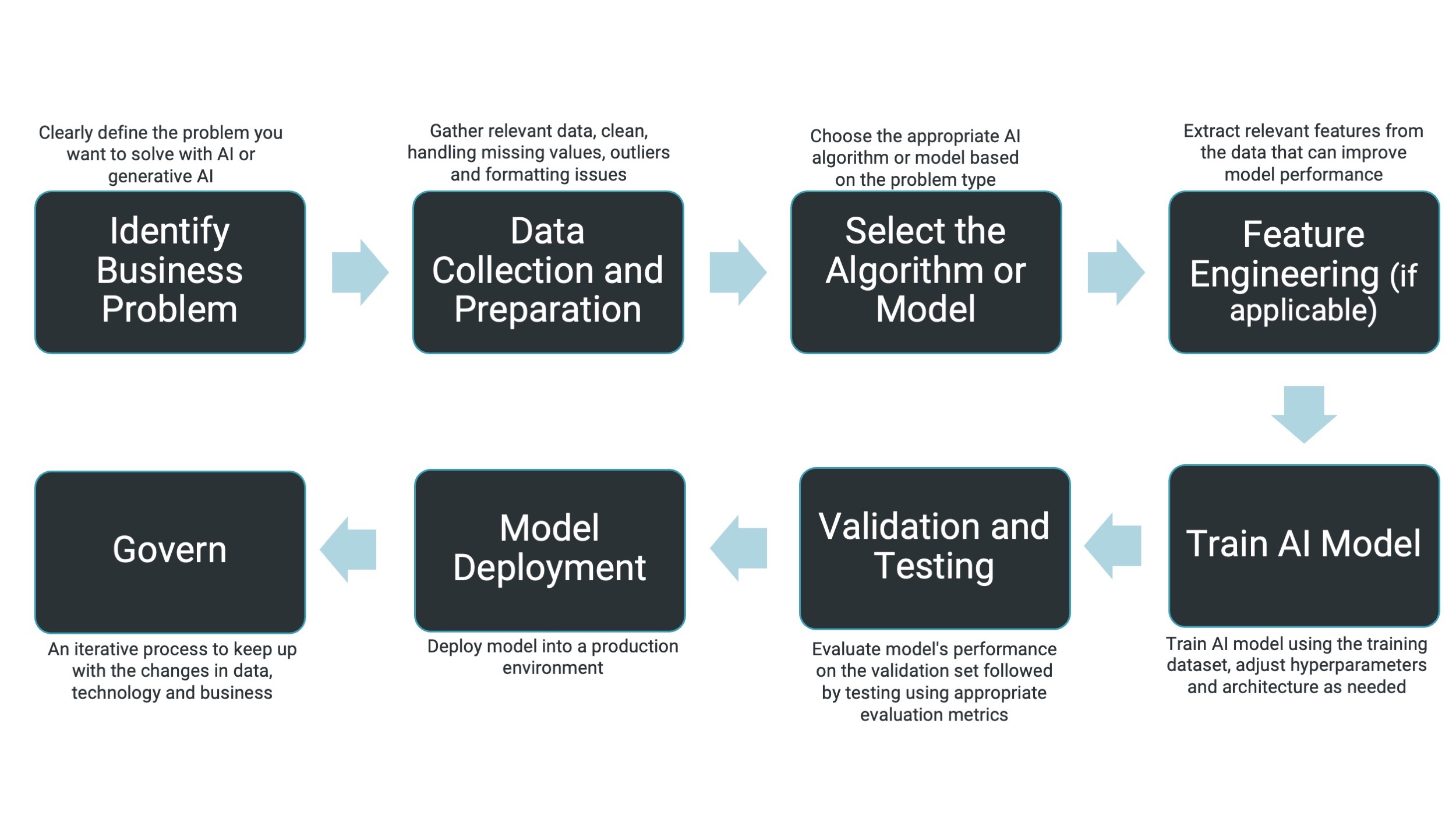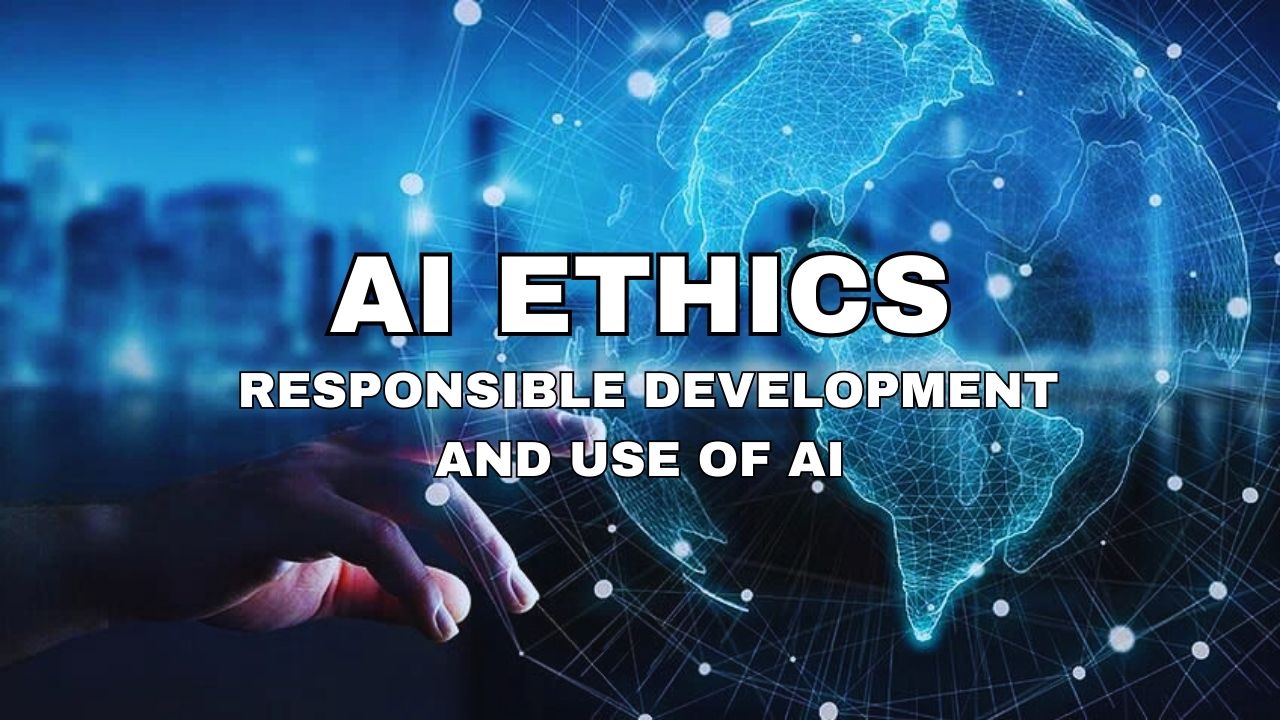Unlocking the Power of AI for Startup Growth
Artificial intelligence (AI) is transforming the way startups operate, innovate, and grow. By harnessing the power of AI, startups can streamline their operations, enhance customer experiences, and drive innovation. AI can help startups automate repetitive tasks, freeing up resources for more strategic and creative endeavors. Additionally, AI-powered analytics can provide startups with valuable insights into customer behavior, market trends, and competitor activity, enabling data-driven decision making.
Startups can leverage AI to improve customer engagement, personalize marketing efforts, and optimize product development. For instance, AI-powered chatbots can help startups provide 24/7 customer support, while AI-driven content generation can enable startups to create personalized marketing campaigns. Moreover, AI can help startups identify new business opportunities, predict market trends, and optimize supply chain operations.
The integration of artificial intelligence for startups can have a significant impact on their success. By adopting AI technologies, startups can gain a competitive edge, improve operational efficiency, and drive growth. However, to fully harness the potential of AI, startups need to have a clear understanding of their AI strategy and how it aligns with their overall business goals.
How to Leverage AI for Data-Driven Decision Making
Data-driven decision making is crucial for startup success, and artificial intelligence (AI) can play a significant role in facilitating this process. By leveraging AI-powered tools, startups can analyze vast amounts of customer data, market trends, and competitor activity, enabling informed decision making.
AI-powered analytics tools, such as Google Analytics and Mixpanel, can help startups track customer behavior, identify patterns, and predict future trends. Additionally, AI-driven tools like Ahrefs and SEMrush can provide insights into market trends, competitor activity, and keyword research, enabling startups to optimize their marketing strategies.
Moreover, AI-powered predictive analytics software, such as Salesforce Einstein and HubSpot, can help startups predict customer churn, identify new business opportunities, and optimize sales forecasting. By leveraging these tools, startups can make data-driven decisions, reduce uncertainty, and drive growth.
The integration of artificial intelligence for startups can also enable the automation of data analysis, freeing up resources for more strategic and creative endeavors. By leveraging AI-powered tools, startups can streamline their decision-making processes, improve operational efficiency, and drive innovation.
AI-Powered Solutions for Startup Challenges
Startups face numerous challenges, including customer acquisition and retention, marketing and sales optimization, and operational efficiency. Artificial intelligence (AI) can help address these challenges by providing AI-powered solutions that can automate tasks, analyze data, and provide insights.
For instance, AI-powered chatbots can help startups provide 24/7 customer support, improving customer satisfaction and reducing support costs. Additionally, AI-driven predictive analytics software can help startups identify potential customers, predict customer churn, and optimize sales forecasting.
AI-powered marketing automation tools, such as Marketo and Pardot, can help startups optimize their marketing campaigns, personalize customer interactions, and improve lead generation. Moreover, AI-driven sales optimization tools, such as Salesforce Einstein and HubSpot, can help startups identify new business opportunities, predict sales outcomes, and optimize sales strategies.
Furthermore, AI-powered operational efficiency tools, such as Zapier and Automate.io, can help startups automate repetitive tasks, streamline workflows, and improve productivity. By leveraging these AI-powered solutions, startups can overcome common challenges, drive growth, and improve competitiveness.
The integration of artificial intelligence for startups can also enable the creation of personalized customer experiences, improving customer engagement and loyalty. By leveraging AI-powered solutions, startups can create tailored marketing campaigns, personalized product recommendations, and optimized customer support, driving business success.
Real-World Examples of AI Adoption in Startups
Several startups have successfully adopted artificial intelligence (AI) technologies to drive growth, improve efficiency, and enhance customer experiences. For instance, Netflix uses AI to provide personalized recommendations to its users, improving customer engagement and retention.
Amazon, another pioneer in AI adoption, uses AI to optimize its supply chain operations, predict demand, and improve logistics. Additionally, AI-powered chatbots are being used by startups like Domino’s Pizza to provide 24/7 customer support and improve customer satisfaction.
Other notable examples of AI adoption in startups include the use of AI-powered predictive analytics by companies like Salesforce and HubSpot to predict sales outcomes and optimize marketing campaigns. Moreover, AI-powered tools like Zapier and Automate.io are being used by startups to automate repetitive tasks and improve productivity.
These real-world examples demonstrate the potential of artificial intelligence for startups to drive growth, improve efficiency, and enhance customer experiences. By adopting AI technologies, startups can gain a competitive edge, improve operational efficiency, and drive innovation.
The success of these startups in adopting AI technologies highlights the importance of AI in driving business success. By leveraging AI-powered solutions, startups can overcome common challenges, drive growth, and improve competitiveness in their respective markets.
Overcoming AI Adoption Barriers in Startups
Despite the potential benefits of artificial intelligence (AI) for startups, many face barriers to adoption. Common challenges include limited resources, lack of expertise, and difficulty in integrating AI technologies with existing systems.
To overcome these barriers, startups can start by identifying specific areas where AI can add value, such as customer service or marketing automation. By focusing on a specific use case, startups can begin to build a business case for AI adoption and develop a roadmap for implementation.
Another key strategy is to start small and scale up AI adoption over time. This can involve beginning with simple AI-powered tools, such as chatbots or predictive analytics software, and gradually adding more complex technologies as the startup grows and matures.
In addition, startups can benefit from partnering with AI vendors or consultants who can provide expertise and support throughout the adoption process. This can help to mitigate the risks associated with AI adoption and ensure that the startup is getting the most out of its investment.
Finally, startups should prioritize building an AI-ready team, including data scientists, AI engineers, and other specialists. This can involve recruiting new talent, training existing employees, or partnering with external experts to fill gaps in the startup’s AI capabilities.
By taking a strategic and incremental approach to AI adoption, startups can overcome common barriers and unlock the full potential of artificial intelligence for their business.
Building an AI-Ready Team for Startup Success
As startups look to leverage artificial intelligence (AI) to drive growth and innovation, building an AI-ready team is crucial for success. This requires a combination of technical expertise, business acumen, and strategic thinking.
At the heart of an AI-ready team are data scientists and AI engineers, who can design, develop, and deploy AI-powered solutions. These individuals should have a strong foundation in machine learning, natural language processing, and computer vision, as well as experience with AI frameworks and tools.
In addition to technical expertise, an AI-ready team should also include business stakeholders who can provide strategic guidance and ensure that AI-powered solutions align with business objectives. This may include product managers, marketing professionals, and sales leaders who can help identify opportunities for AI adoption and measure its impact.
To attract and retain top AI talent, startups should focus on creating a culture that values innovation, experimentation, and continuous learning. This may involve providing opportunities for professional development, offering competitive compensation and benefits, and fostering a collaborative and inclusive work environment.
Startups can also consider partnering with external experts, such as AI consultants or research institutions, to access specialized knowledge and expertise. This can help fill gaps in the startup’s AI capabilities and provide access to cutting-edge technologies and techniques.
By building an AI-ready team, startups can unlock the full potential of artificial intelligence for their business and drive long-term success.
Ensuring AI Ethics and Responsibility in Startups
As startups increasingly adopt artificial intelligence (AI) technologies, ensuring AI ethics and responsibility is crucial for maintaining trust and credibility with customers, investors, and stakeholders.
One of the key challenges in AI ethics is addressing bias in AI decision-making. Startups must ensure that their AI systems are fair, transparent, and unbiased, and that they do not perpetuate existing social inequalities.
Another important aspect of AI ethics is transparency and accountability. Startups should be transparent about their use of AI, including the data they collect, the algorithms they use, and the decisions they make. They should also be accountable for the consequences of their AI systems, including any errors or harm caused.
To ensure AI ethics and responsibility, startups can establish clear guidelines and policies for AI development and deployment. This may include establishing an AI ethics committee, conducting regular audits and assessments, and providing training and education for employees.
Startups can also benefit from collaborating with external experts, such as AI ethicists and researchers, to stay up-to-date with the latest developments and best practices in AI ethics.
By prioritizing AI ethics and responsibility, startups can build trust and credibility with their stakeholders, and ensure that their AI systems are used for the benefit of society.
Future-Proofing Your Startup with AI
As the startup landscape continues to evolve, artificial intelligence (AI) is becoming an increasingly important factor in determining success. By embracing AI technologies, startups can future-proof their businesses and stay ahead of the competition.
To future-proof their startup with AI, entrepreneurs should focus on building a strong foundation in AI technologies, including machine learning, natural language processing, and computer vision. This may involve investing in AI-powered tools and platforms, as well as developing in-house AI expertise.
Startups should also prioritize data-driven decision making, using AI-powered analytics to inform their business strategies and optimize their operations. By leveraging AI-powered insights, startups can make more informed decisions, reduce risk, and drive growth.
In addition, startups should consider the ethical implications of AI adoption, ensuring that their AI systems are transparent, accountable, and fair. By prioritizing AI ethics and responsibility, startups can build trust with their customers and stakeholders, and maintain a competitive edge in the market.
By embracing AI technologies and prioritizing AI ethics and responsibility, startups can future-proof their businesses and drive long-term success. As the startup landscape continues to evolve, AI will play an increasingly important role in determining success – and entrepreneurs who fail to adapt risk being left behind.





